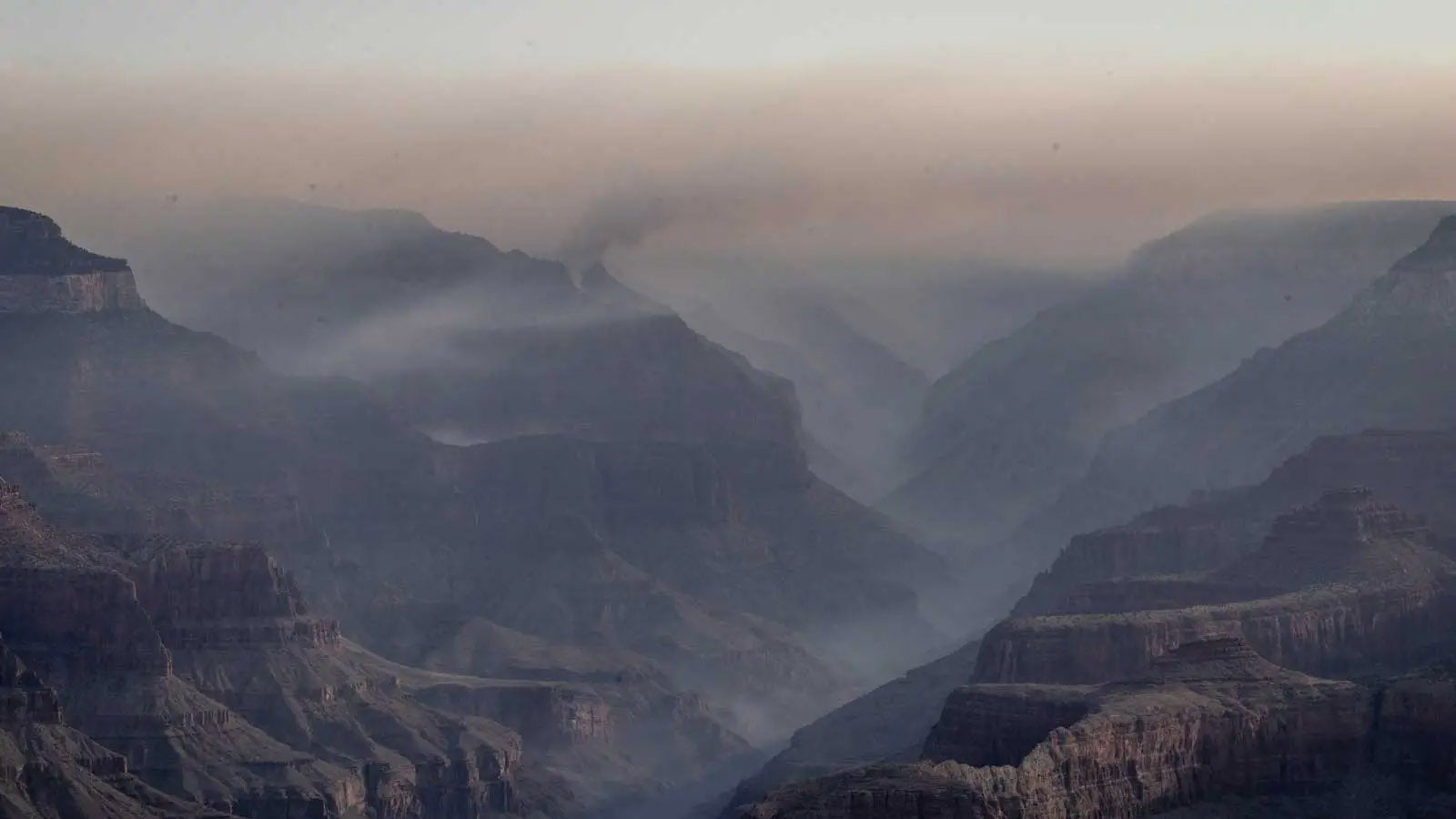| Above: This sign says it all: attendees of the 99th meeting of the American Meteorological Society (AMS) being held this week in Phoenix, Arizona, greatly miss the presence of scientists from the National Oceanic and Atmospheric Administration (NOAA), due to the government shutdown. Image credit: Bob Henson. |
The 99th meeting of the American Meteorological Society (AMS) is being held this week in Phoenix, Arizona, but a huge hole in the meeting has been created by the absence of U.S. government scientists, who were denied attendance due to the ongoing government shutdown. At least 700 scientists who were scheduled to attend could not, leading to the cancellation or last-minute rearrangement of about a quarter of all of the talks, according to WU’s Bob Henson, who is at the meeting. Bob is a member of the AMS Council, which released this statement on the shutdown:
Those of us who study and predict the atmosphere are familiar with the impacts of uncertainty. Americans rely on weather forecasts, and they trust them to be reliable. Lives and livelihoods are saved or lost based on the timeliness and accuracy of a single weather warning.
Unfortunately, the current U.S. government shutdown—and the associated uncertainty—is now beginning to seriously set back efforts to better understand and forecast our environment and protect the nation’s health and prosperity. National Weather Service forecasters who work without pay during a shutdown, like their peers in other essential government services, experience mounting financial and emotional stress. Years of research are jeopardized when federal scientists cannot collect uninterrupted data. When government researchers no longer maintain collaborations with their peers in academia and industry, our nation, and each and every citizen, loses out.
The uncertain length of a shutdown adds to its costly and corrosive effects. Like a chain reaction, the impacts of a government shutdown ripple far beyond those who are furloughed and can impede development of new scientific technologies that are vital to our nation. Many non-government contract employees are already on forced time off without pay, and experiencing severe financial and personal hardship; we may lose the benefit of their knowledge and capabilities as a result.
Within days, the current shutdown may become the nation’s longest on record. Virtually all other nations have mechanisms to keep partisan disagreements from closing major segments of their governments for days or weeks. Without such a backstop, every shutdown means that the U.S. loses more ground to overseas competitors, as other nations take the lead in scientific leadership.
Our nation cannot afford to undermine its scientific enterprise for the sake of policy disagreement. The AMS urges our elected officials to come together and restore normal federal government operations as soon as possible, and we strongly suggest that partisan differences of opinion be given the time and attention they deserve without the unintended consequences of holding scientific research and related activities hostage.
A sobering and common trend throughout #AMS2019 this week: empty rooms, cancelled sessions ... the government shutdown has cast a somber shadow on what should be an exciting, magical and collaborative week for us all #WeMissNOAA pic.twitter.com/QUcsXrVOQ9
— Lena Dziechowski (@LenaWeather) January 8, 2019
Related articles:
The shutdown's toll on the AMS meeting made the front page of Sunday's New York Times in an article covering various impacts of the shutdown on science.
Hurricane forecasts could suffer from government shutdown
Hundreds of federal scientists miss conferences in shutdown
The National Weather Service is ‘open,’ but your forecast is worse because of the shutdown



